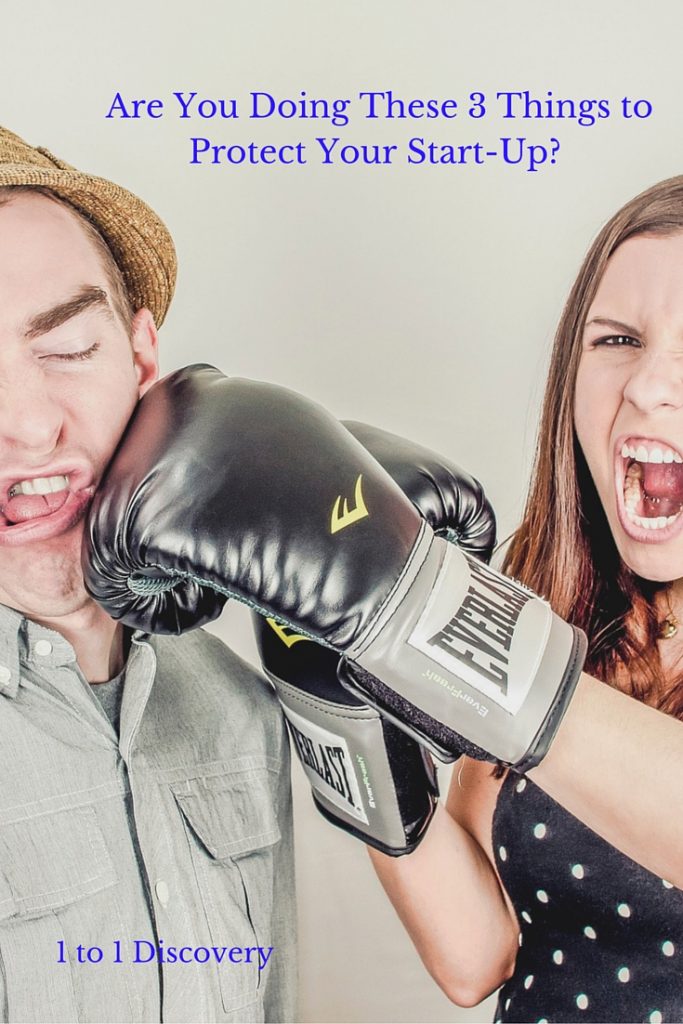
 This week we have a guest post from Jessica Smith, Business Counselor at the Women’s Business Center in Springfield. (Yes, she works for me. Hooray, because she’s awesome!) She’s going to tell us 3 things you need to do to protect your start-up. Take it away, Jessica.
This week we have a guest post from Jessica Smith, Business Counselor at the Women’s Business Center in Springfield. (Yes, she works for me. Hooray, because she’s awesome!) She’s going to tell us 3 things you need to do to protect your start-up. Take it away, Jessica.
________________________________________
Starting a business can be both an exciting and a terrifying experience. You have finally decided to step out and pursue what you’re passionate about, on your own terms. Yet, there are several legal, financial and technical components that seem to be looming over you and could overtake you at any moment.
Do these sentiments sound about right? Hopefully this guide will alleviate some stress. Here are some universal tips to keep in mind when starting out, no matter the type of business:
There are a few people you will need to rely on in order for your business to meet its maximum potential: lawyers, accountants and business counselors. A lawyer will help make sure you are following the proper procedures and are up to date on local, state and federal policies. A CPA or financial advisor will help you navigate through tax forms and can advise you on budgeting and funding. A business counselor will give you an objective perspective, support you through the ebbs and flows of the journey and direct you to external resources. Remember: just because you may be going into business for yourself does not mean you can afford to reach your goals alone.
“Lean startup” is a new term, coined by author and entrepreneur Eric Ries, that basically means for you to build as you go. The ultimate goal is to lessen the risk of failure and to reduce wasteful spending (time or money). One way to achieve this is by introducing a product or service in iterations, or prototypical stages. This allows you as an entrepreneur to test one of your business hypotheses and then shift, or pivot, as needed. For example, a content creator could allow a publisher to access a preview of his work before submitting the full piece. That way, there is a smaller risk of the work being stolen. This method would also save time if the piece needed to be altered. Remember: it is okay if your original idea needs tweaking.
Protecting yourself can take a variety of forms when it comes to entrepreneurship. In fact, the first two points of this article could be categorized as initial means of protection. Other measures include: 1.) having enough savings and not having to request large loans from the bank; 2.) registering as the legal entity that will best protect your personal assets; 3.) getting adequate insurance coverage for incidentals or other unseen circumstances that could arise. Remember: safety is always first!
All in all, we want you to win, and doing these three things will dramatically improve your chances!
Thank you, Jessica, for a great guest post!